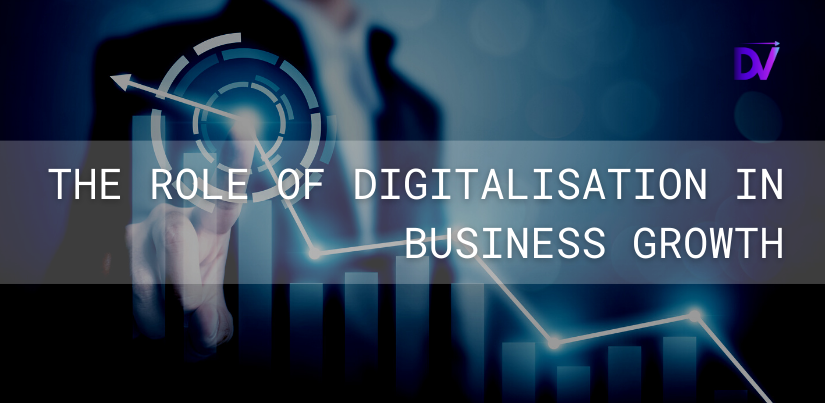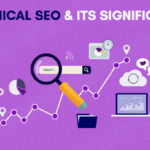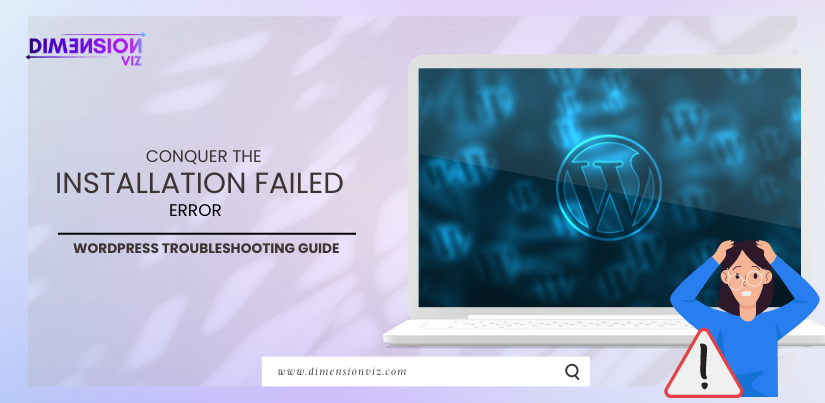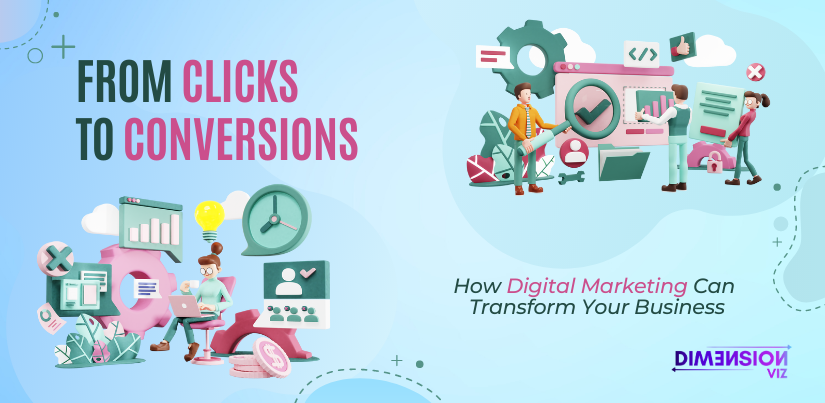The Role Of Digitalization In Business Growth
Today, every company strives to outperform its competitors. However, without digitalization in marketing, the company will struggle to achieve its goals.
For example, you may have implemented an excellent outreach marketing strategy, but how will you know if your marketing campaign is effective if you don’t have a clear way to track its performance metrics?
The role of digitalization comes into play when you use digital tools in your marketing campaigns. Then you can effectively target the right type of audience for the products or services you’re offering. For example, when it comes to directing prospects to your physical store, your website will come in handy. In that case, if you do not pursue digital marketing tactics such as SEO, pay-per-click, or email marketing, you will remain far behind your competitors.
Before delving into the role and impact of digitalization in marketing, it is critical to first grasp the fundamentals.
What Exactly Is Digitalization?
The process of converting materials or data into digital format is known as digitization. Concurrently, digitalization employs these digitized materials to promote business function.
Benefits of Digitalization
There are numerous advantages to using digitalization in marketing and advertising.
- Marketing and advertising costs are lower – Small businesses can easily implement it without breaking the bank to manage advertising for their products and services.
- The results are more quantitative – You can now answer the question, “Which half of your advertising spend is bringing you results?”
- Allows for more precise targeting – Accurately reaching your ideal consumer.
The Impact of Digitalization on Marketing
1. Prompt Customer Feedback
Direct communication with your current and prospective clients is enabled by digital marketing. This direct interaction and engagement provide businesses with more immediate customer feedback than traditional marketing tools.
2. Better Strategy For Higher ROI
Short-term planning has become important in this evolving, challenging, and competitive economy and business environment because it limits taking uncalculated risks. A short-term planning strategy also provides businesses with prominent and optimal use of available resources. Furthermore, successful marketing and strategic business outcomes can lead to a smart, professional competitive advantage.
3. Easy Access To Customers
Accessing your customers has become much easier thanks to technological advancements. You may be wondering why we are emphasizing digital means so much, given the growing number of tech users and their high engagement with digital means. Smartphones, iPods/iPads, laptops, notebooks, mobile phones, and smart TVs have created numerous opportunities for business professionals to use digital media to support their products.
4. Referrals and a large client base with a small budget
Social media fans and users have evolved into excellent sources of referrals. Also, keep in mind that quality products help to spread the word and build brand awareness through referral marketing. Several social media users spread the word.
Furthermore, digital marketing provides extensive communication coverage while communicating the company’s message to a large number of people on a low-cost budget. It also includes some free online marketing and promotion tools, such as websites.
5. More Productive Digital Marketing
Marketing Digitalization is far more effective when combined with frequent digital marketing campaigns. It also leads to greater brand visibility in digital media than in traditional marketing tools. Every day, understanding various brands on digital media generates positive associations with current and prospective customers.
6. Positive Effect on Business Intelligence
Business intelligence is critical in global economies. Businesses with more dependable and powerful Business Intelligence are more contentious and long-lasting than those with weak Business Intelligence. Digitalization has played a role in transforming simple businesses into highly intelligent enterprises that outperform their competitors and provide strategic leadership in the industry.
7. Business Activity Efficiency
Digitalization entails closing the efficiency gap in business operations. Monetary transactions and ERP implementation, from production to shipment tracking, enable a company to work smarter and more efficiently. Lowering costs, utilizing fewer resources, and improving yields are key advantages for a business with significant digitalization power.
8. Analytics for Future Insight
With the analytical platforms available on digital marketing channels, digitalization in marketing has paved the way for future insights. For future forecasts about marketing actions and future brand-building plans, analytic specialists use LinkedIn, Facebook websites and SEO analytics, and Bing/ Google digital marketing campaigns. The data has been an excellent source for improving work and generating good business while also exploring new markets. As a result of embracing future business challenges, digital marketing experts and business stakeholders have paved the way.
Conclusion
We have seen how digitalization has altered business practices. Social media marketing, Google advertising, and Facebook are the most visible digital marketing examples. Other examples include Facebook and Google Analytics, as well as other data analytics tools and platforms.
To stay ahead of their competitors, businesses are turning to advanced technology. So, what are you holding out for? Begin implementing digitalization in marketing successfully right away by partnering with Dimension VIZ.







